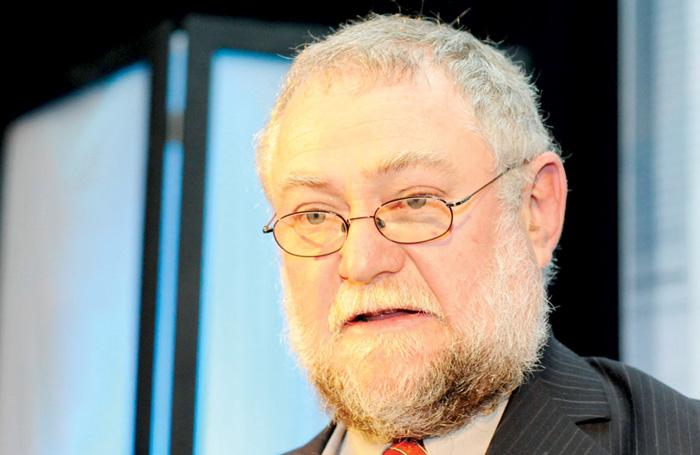
Healthy China despite debt
Tianjin – While China’s economic growth slowed slightly to 6.7% in the first quarter of this year and the growth of private-sector investment has slowed, “the economy is healthy, stable and sustainable,” Xu Shaoshi, Chairman of the National Development and Reform Commission, the Chinese government’s macroeconomic management agency, told participants in the Annual Meeting of the New Champions 2016. Xu asserted that China, which now accounts for a quarter of total global growth, has made significant progress in shifting the economy to a consumption-based, services-led model, with growth driven more by innovation and technology. “Consumption has now exceeded investment,” he reported. “With emerging business models and new industries, everybody is engaged in innovation and the new drivers are enjoying very good growth.”
There are significant challenges ahead, including the need to address over capacity and to pursue further structural reforms over the next five years to enhance entrepreneurship, innovation and the adoption of productivity-enhancing technologies, Xu explained. Recognizing concerns about China’s debt levels, he argued that “the debt is all controllable and manageable, unlike how some media claim. It is significant that we are dealing with this issue – and the government is considering measures to reduce the corporate leverage ratio prudently and proactively.”
“Tianjin is an example of where innovation and technology in China have enhanced growth performance,” Yan Qingmin, the municipality’s Vice-Mayor, told participants, remarking that the city’s economy is expanding at 9%, thanks largely to new industries such as aerospace. Lei Jun, Founder, Chairman and Chief Executive Officer of tech company Xiaomi, who is a Co-Chair of the Annual Meeting of the New Champions 2016, confirmed that the landscape for entrepreneurs in China had changed significantly over the past 20 years, with scores of innovative companies emerging. “Angel investment is still lacking,” he lamented, but tax reforms could address that problem.
China is engaged in an enormously difficult transition, Feike Sijbesma, Chief Executive Officer and Chairman of the Managing Board of Dutch multinational Royal DSM, which over its 115 years in business has shifted from coal mining to the health, nutrition and materials sectors. Drawing lessons from his company’s transformation, Sijbesma suggested that the most difficult part of China’s transition is implementing the necessary leadership and competencies needed to change the culture to support innovation and the development of a services economy and global brands. “The fundamentals are very good in China,” he noted. “The middle class is growing, the capital is there, the infrastructure is there, and the technical expertise is there.”














































